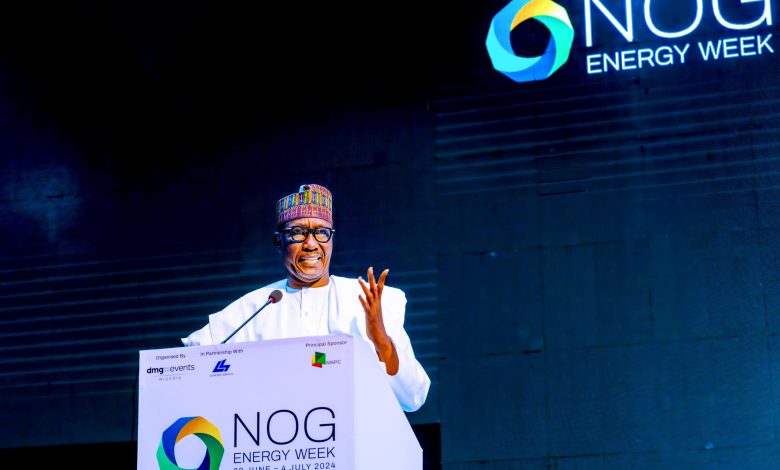
Oil experts have stated that recent criticisms of the Nigerian National Petroleum Corporation (NNPC) fail to account for the complexities and challenges the organization has faced over the years. Simplistic views often overlook the deeply rooted issues that preceded the Petroleum Industry Act (PIA) and the tenure of Mele Kyari.
According to them, the NNPC inherited a system plagued by underinvestment in exploration and production, compounded by militancy, vandalism, and the corrupt allocation of oil leases to individuals lacking the capacity and funds to develop them. These problems were not of NNPC’s making but were systemic governmental issues, now being addressed.
In a communique released to the media, the experts stated that: ”The subsidy regime further complicated matters. The practice of cross-border smuggling—where subsidized fuel in Nigeria was transshipped to neighboring countries for higher prices—rendered effective action almost impossible.
”The NNPC bore the brunt of subsidy costs for years, often without reimbursement, leaving it financially crippled and unable to invest adequately in necessary infrastructure and exploration activities.
”Despite these challenges, the NNPC has made significant strides. The passage of the PIA and the removal of subsidies have allowed the corporation to cap fuel prices, providing some economic relief to citizens. Nigeria still enjoys some of the cheapest fuel prices in the region.
”Moreover, the NNPC has pivoted towards diversification, placing increased focus on gas and leading substantial investments in infrastructure and exploration and production (E&P).
”Noteworthy is the Project Ubeta Gas development initiative in Port Harcourt, a $550 million venture with Total as a partner, despite recent disparaging remarks from Total’s local CEO about Nigeria.”
They further argued that rebuilding the NNPC is a process that requires time and patience, adding that: ”Under Mele Kyari’s leadership, the corporation has demonstrated resilience and the ability to operate effectively despite immense pressure and expectations.
”Critics should note that if the NNPC were to operate purely on a profit-driven model like some international oil companies, there would likely be a public outcry over high product costs.
”In the meantime, citizens can take advantage of the shift towards Compressed Natural Gas (CNG). A 4,000 Naira CNG fill-up provides the equivalent of over two full tanks of petrol, and no one is establishing CNG stations as quickly as the NNPC. While the corporation may not yet be at peak efficiency, it is undoubtedly making significant progress.
”Furthermore, consider the improvement in oil production, which has risen from 900,000 barrels per day (bpd) at the end of Buhari’s tenure to between 1.2 million and 1.4 million bpd today, despite the lack of decades-long infrastructure investments. The NNPC has become more efficient in its operations, illustrating that sustainable rebuilding is a painstaking process, not a feat achievable with a magic wand.
”The NNPC’s efforts under current conditions deserve recognition, not undue criticism. The path to rebuilding is long and fraught with challenges, but the progress made thus far is commendable and indicative of a brighter future for Nigeria’s oil and gas sector.”
